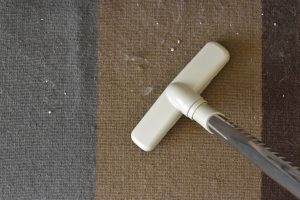With so many cat litter brands boasting about their unique features, you might wonder, "Does cat litter dissolve in water?"
Especially when some products boldly claim to be "flushable." It's tempting to think we can just drop our feline friend's waste in the toilet and flush away.
We looked into which cat litter withstands water. Our findings on clumping, non-clumping, silica crystal, and biodegradable types are eye-opening.
Stick with us as we explore these litters' absorption and water solubility.
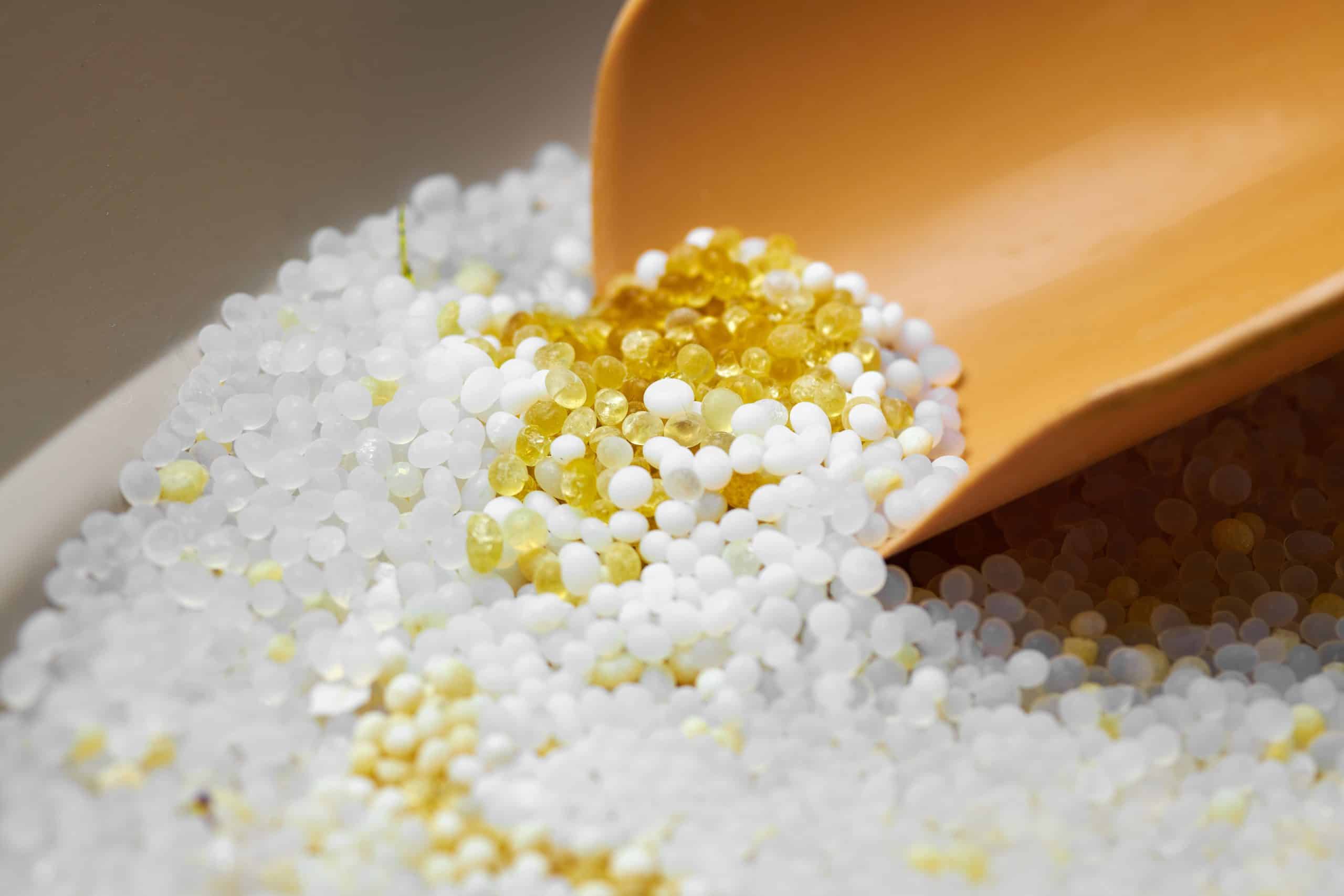
What Happens to Cat Litter When It Gets Wet?
Most types of cat litter will not fully dissolve in water.
Cat litter is usually composed at least in part of clay or some other absorbent material, which will absorb moisture and expand when wet.
While some types of cat litter will absorb more or less water, even biodegradable cat litter will not completely dissolve in water.
There are countless stories about the catastrophic effects of accidentally getting bags or boxes of cat litter wet, resulting in mountains of cat litter slurry spilling over the containers.
Does Cat Litter Soak Up Water?
Due to its absorbent properties, cat litter will soak up any source of moisture, cat urine, water, or otherwise.
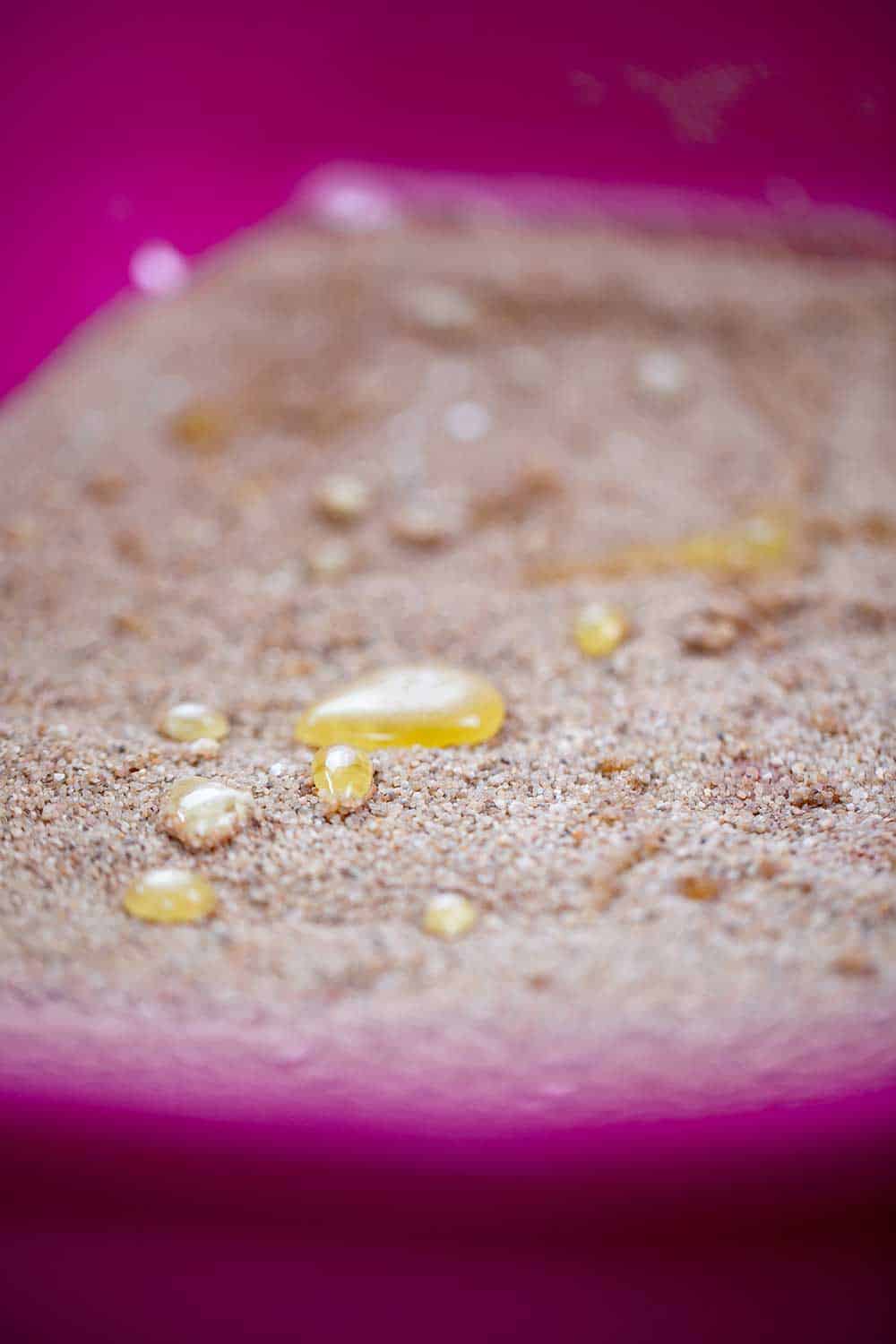
Because of cat litter’s capacity to soak up moisture, plumbers never recommend flushing cat litter down the toilet.
You can read our guide on flushing cat litter down the toilet here.
Some cat litter companies market their product as flushable, but for the long-term health of your septic system, it’s best to dispose of cat litter in another manner.
The last thing any cat owner wants is a clogged toilet from disposing of their cat’s litter incorrectly. You can read our guide on proper cat litter disposal here.
Now that you understand the basics of how cat litter interacts with water, let’s more thoroughly examine each type of litter and if it will dissolve in water.
Clumping Litter
Clumping litter is usually composed of natural fibers and aluminum phyllosilicate clay bentonite.
The aluminum phyllosilicate clay bentonite gives this type of litter its name, as it causes the cat litter to absorb moisture in clumps rather than distribute evenly throughout the litter box.
While this clumping action can be great for keeping the litter box clean, it also makes it so clumping litter will not dissolve in water.
Like other types of cat litter, clumping litter will expand when it becomes wet.
Non-Clumping Clay-Based Litter
Non-clumping clay-based litter is another highly absorbent type of cat litter. Like other types of cat litter, the clay-based litter will expand when wet.
Clay-based litter tends to distribute moisture throughout its area more evenly than clumping litter.
As such, coming into contact with a lot of water can turn this cat litter into a solid brick of clay.
Silica Crystals Litter
Silica crystal litter gets its name from specially designed silicone crystals from which it is made. It is also highly absorbent and will expand when wet.
While not as prone to expansion as other types of cat litter, silica crystal litter will still not dissolve in water.
Biodegradable Litter
Biodegradable litter is trickier to pinpoint accurately whether it will dissolve, mainly because so many types of cat litter fall under this category.
While biodegradable cat litter is typically less absorbent than other types of cat litter and composed of all-natural ingredients, it is usually made up of too many fibers to allow it to dissolve entirely in water.
Now that we’ve gone over the most common types of cat litter and their likelihood to dissolve in water, let’s look at some additional questions many people have about cat litter and its capacity to soak up water.
Can You Use Cat Litter For Condensation?
Cat litter is not only great for absorbing your pet’s waste, but it can also be used to soak up condensation.
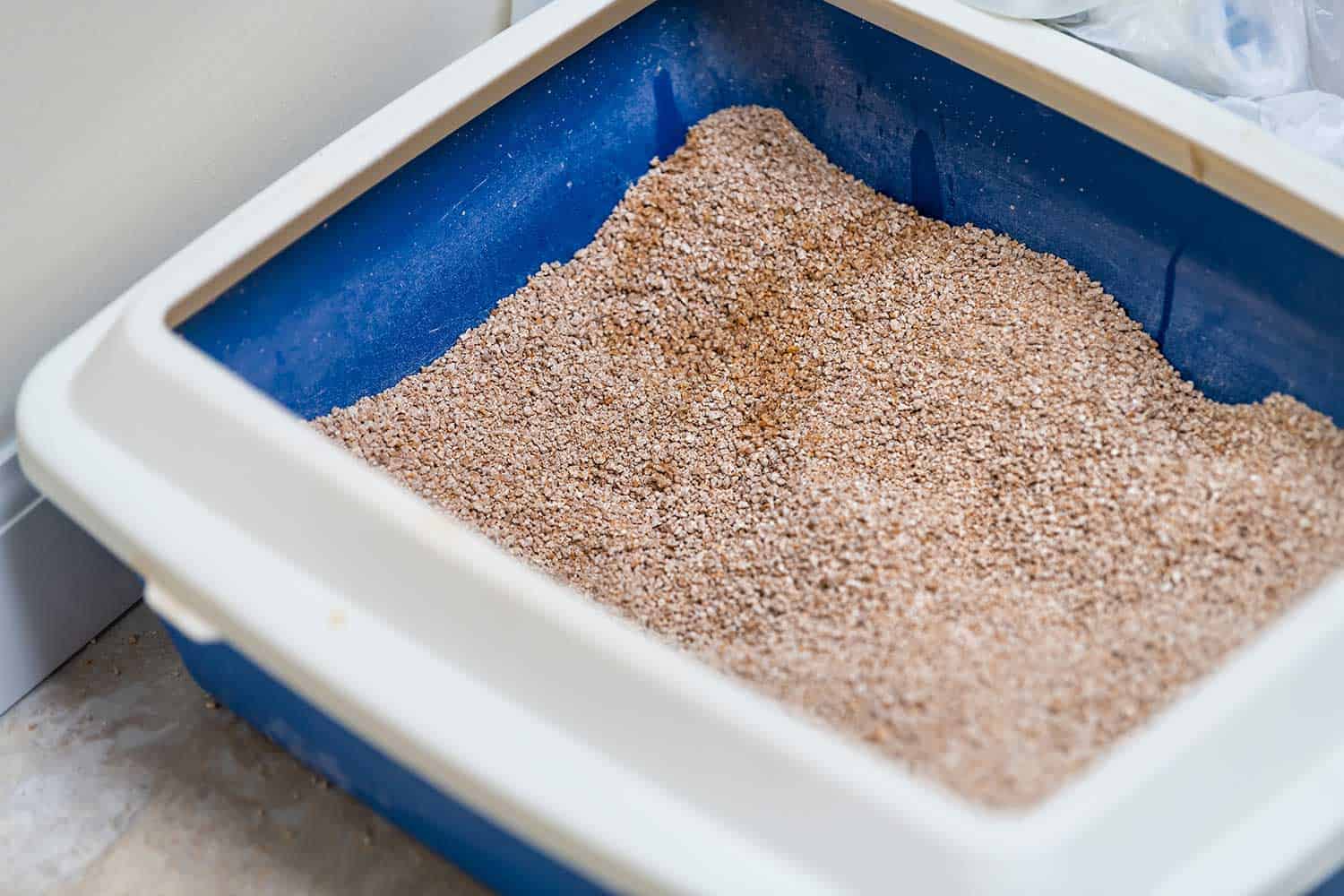
Cat litter is so absorbent that it will soak up radiant moisture right out of the air without needing to even come in physical contact with the source of the moisture.
Does Cat Litter in a Sock Work?
Yes, putting cat litter in a sock is an effective way to deal with condensation. Simply fill the sock with cat litter, seal it shut, and hang it up in any space with excessive condensation.
As you can see, cat litter does not dissolve in water due to its absorbent properties.
You can, however, use its absorptive properties to your advantage beyond cleaning up your pet’s waste by applying it in areas of your home or elsewhere where there is too much moisture.
Purrspective on Litter Dissolution
In the cat litter world, the term "dissolve in water" isn't as straightforward as it might seem. While the allure of flushable litter tempts many, knowing your litter's capabilities is essential.
Most types won't vanish in water, but they offer unique benefits for your feline friend. Always prioritize your pet's needs and the environment, and you'll find the perfect litter match.
Help others make informed choices. Before flushing 'flushable' litter, share the truth by pinning the image below on your social media.


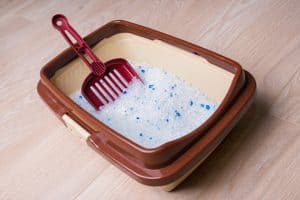
![cat examines kitty litter box with eco-friendly silicate litter - Can You Wash and Reuse Crystal Cat Litter? [Answered]](https://litter-boxes.com/wp-content/uploads/2023/08/cat-examines-kitty-litter-box-with-eco-friendly-silicate-litter-300x200.jpg)
